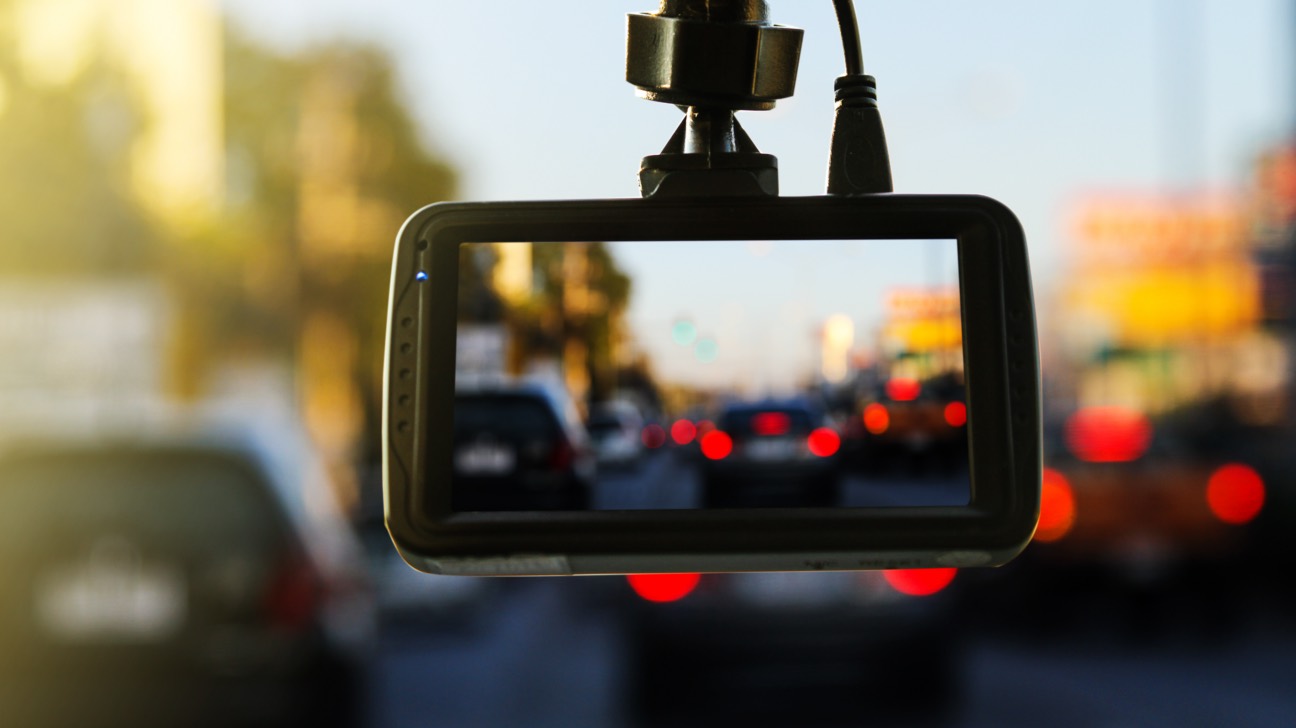Dash cams, small windshield-mounted cameras that continuously record the road, have gained popularity for their ability to provide valuable evidence in case of accidents, insurance disputes, or unexpected events. While dash cams are undoubtedly helpful tools, Florida has specific laws regarding their use and the admissibility of footage in court. This article offers a complete guide to these regulations, ensuring you use your dash cam responsibly and legally within the state.
The Legality of Dash Cams in Florida
- Windshield Obstruction Laws
One of the primary concerns with dash cam use in Florida is Florida Statute 316.2004. This law prohibits any objects that obstruct a driver’s view from being placed on the windshield. While the term “obstruction” is somewhat broad, dash cams are generally permitted if they meet the following conditions:
* **Placement:** Mount the camera in an area already obscured from the driver’s view, typically behind the rearview mirror.
* **Size:** Choose a compact camera to minimize any potential distraction or obstructed vision.
- Audio Recording and Privacy Considerations
Florida is a “two-party consent” state when it comes to audio recording. This means you must inform any passengers within your vehicle that they are being recorded before activating a dash cam with audio capabilities. Failure to do so could result in legal consequences.
Best Practices for Dash Cam Use in Florida
- Optimal Placement and Visibility
Position the dash cam discreetly behind the rearview mirror for the best field of view and to minimize windshield obstruction. Ensure the dash cam doesn’t interfere with your visibility or driving ability.
- Informing Passengers
If your dash cam records audio, clearly notify all passengers about the presence of the camera and the audio recording, ideally at the beginning of every trip.
- Data Management
Develop a procedure for regularly saving and organizing your dash cam footage. Consider deleting older footage that may not be relevant to save storage space. Securely store important footage in case of an incident.
Using Dash Cam Footage as Evidence
- Admissibility in Court
Dash cam footage can be incredibly valuable in car accident lawsuits or insurance claims. In general, Florida courts accept dash cam footage as evidence provided it meets authenticity and relevance standards. To strengthen the admissibility of your footage:
* **Maintain the original recording:** Avoid editing or altering the footage in any way.
* **Establish the chain of custody:** Document the date, time, and location of the recording, along with the dashcam model and settings.
- Potential Limitations
It’s important to understand that even admissible dash cam footage is not absolute proof. Courts will weigh various factors when considering it as evidence, including:
* **Clarity:** Poor image quality or unclear recordings can diminish their evidentiary value.
* **Context:** Footage may not show the events leading up to the incident, making it less conclusive.
* **Driver Behavior:** If the footage shows partial fault on your part, it could reduce any compensation you might receive.
Special Considerations
- Ride-sharing and Commercial Vehicles
Companies like Uber and Lyft often have their own dash cam policies for drivers. Check their specific regulations, which may include requirements for inward-facing cameras to capture the vehicle’s interior.
- Law Enforcement Encounters
If you are stopped by law enforcement, having dash cam footage can be beneficial in some situations. However, it’s important to know your rights.
- Seizing your dash cam: Generally, law enforcement cannot take your dash cam or the memory card without a warrant or probable cause.
- Accessing your footage: You are not obligated to immediately show your dash cam footage to an officer. Consider seeking legal advice if pressured by law enforcement to do so.
Conclusion
Dash cams are useful devices for drivers in Florida, offering a sense of security and potential protection in legal disputes. By understanding Florida’s dash cam regulations, employing best practices, and knowing how to use footage responsibly, you can maximize the benefits of your dash cam while operating it within the bounds of the law.
Important Reminders
- Before purchasing a dash cam, consider features such as video quality, recording capabilities, storage capacity, and automatic incident detection.
- Review and understand your dash cam’s settings and instructions for optimal usage and data management.
- If you’re involved in an accident, secure your dash cam footage immediately and contact a lawyer if necessary.
Sources
- Florida Statute 316.2004: https://www.flsenate.gov/Laws/Statutes/2011/316.2004
- BlackboxMyCar – Dash Cam Laws in Every US State: https://www.blackboxmycar.com/pages/are-dash-cams-legal-in-my-area-dash-cam-laws-in-every-us-state
- Salter Healy – Can Dashcam Footage Be Used in Florida Court?: https://www.salterhealy.com/can-dashcam-footage-be-used-in-florida-court/
- Probinsky & Cole – The Legality of Dashcam Footage: https://probinskylaw.com/2023/01/the-legality-of-dashcam-footage/
- Florin|Roebig – Are Dash Cams Legal in Florida?: https://florinroebig.com/car-accidents/florida/are-dash-cams-legal-in-florida/
Disclaimer: This article provides general information and should not be considered legal advice. Please consult with an attorney for specific guidance on dash cam laws and their application to your individual circumstances.



